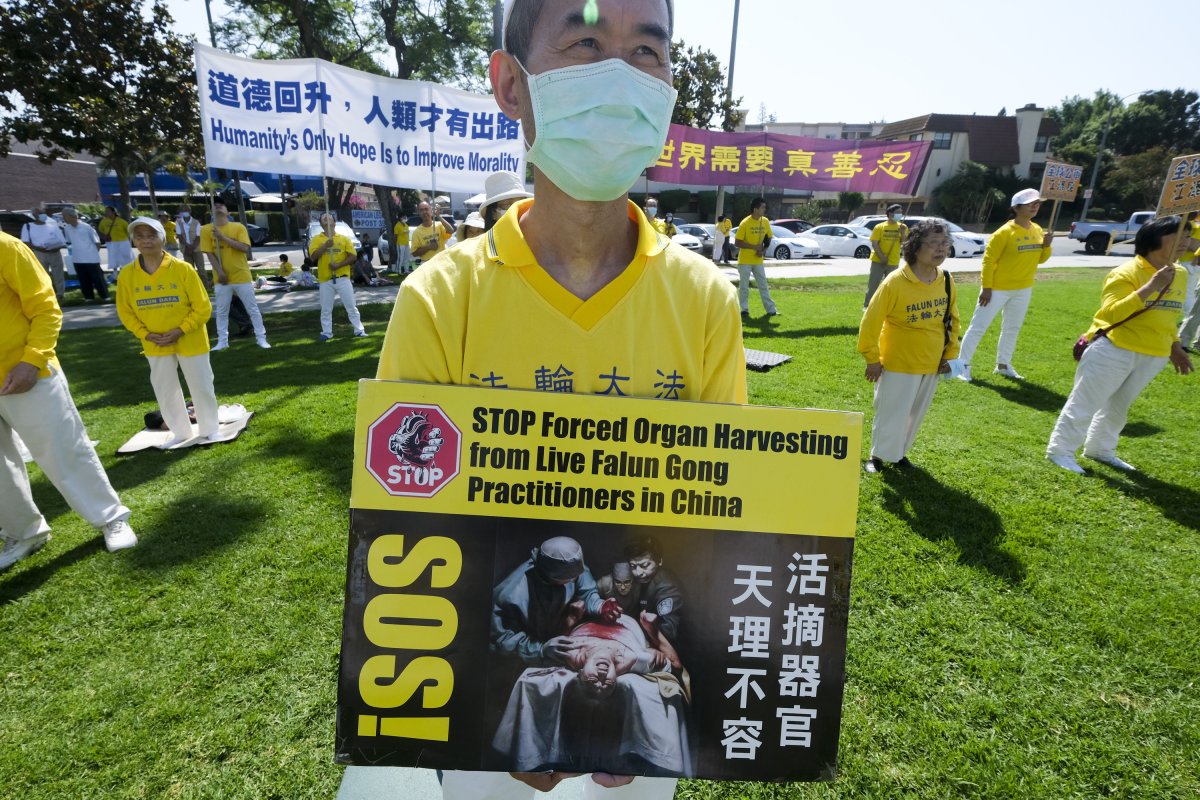Beijing boosting its energy reserves with Russian crude
Beijing appears to be strengthening energy ties with Moscow as the
European Union (EU) is working towards banning Russian energy
imports. The heavily discounted oil is too attractive an opportunity to be
overlooked.
On May 19, Bloomberg reported that China was in talks with Russia
to buy additional supplies of crude oil to add to its strategic petroleum
reserves. The report also noted that talks are being conducted at
government level with little direct involvement from oil companies.
In response to the Bloomberg report that the Chinese and Russian
governments were discussing more oil shipments, China’s Ministry of
Foreign Affairs Spokesperson stated that China and Russia engage in
normal economic and trade cooperation based on mutual respect, equality
and mutual benefit. He also stressed that unilateral sanctions were not
conducive to resolving issues and would only sabotage the existing
economic system and rules.
Meanwhile, a report in Wall Street Journal claimed that Chinese
buyers were seeking to hide the origin of Russian oil to avoid high costs
of transporting it. Fewer shipping and insurance companies were willing
to get involved in these deals, meaning those that still do, charge prices
that are three-to-five times higher than before the war. Rather than paying
the increased cost to ship oil to China, firms including Unipec, Sinopec
Group’s trading arm, are reportedly transporting labelled Russian oil short
distances to a large vessel at sea and then transferring it.
While the world feels economic pressure owing to the ongoing
conflict, it seems Beijing is on a shopping spree in Moscow. According to
the Washington-based Institute of International Finance, China’s imports
from Russia were $ 30.5 billion in the first four months of 2022, an increase
of 41% over the same period in 2021. At the same time, according to
China’s customs data, Chinese exports to Russia dropped to US$ 3.8
billion in April 2022, registering a downfall of 25.9% from a year earlier.
Specifically, exports of defence-related products, including arms and
ammunition dropped to zero as against a cumulative amount of US$ 2.4
million recorded in 2021. The data also indicates that Chinese
Smartphone manufacturers including Huawei, Honor, Xiaomi and Vivo
have suspended the placement of new orders from Russia as their
products use semiconductor chips that are based on the US technology.
Meanwhile, addressing a virtual China-Russia think-tank summit on
June 01, Chinese Foreign Minister Wang Yi underlined that China was
2
willing to work together with Russia and the global community to promote
‘real democracy’ based on nations’ own conditions. Wang added that
China and Russia, as permanent members of the UN Security Council,
should “continue to make important contributions” to global governance.
The summit was organized by the Chinese Academy of Social Sciences
and the Russian International Affairs Council, The event was also
attended by Russian Foreign Minister Sergey Lavrov.
Incidentally, Zhao Lijian, China’s Foreign Ministry Spokesperson,
when asked about an update on what China was doing to mediate peace
in Ukraine underscored that China made use of every opportunity to call
for a ceasefire, dialogue, and peace talks through various channels on
different occasions. He added that Beijing calls on the US and other
Western countries to stop “fanning the flame” and imposing unilateral
sanctions. Responding to a specific query on whether Chinese leaders
have spoken to Ukraine’s leaders lately, Zhao Lijian evaded by stating that
he had no information.













